I'm on night duty now. I had a simple meal about seven o'clock, but the work has been hectic and it made me hungry and dehydrated. I need something right now. I usually keep something to eat in my room, like breads, instant noodles, or frozen food that would be ready after a few minutes in the toaster oven. However I ran short today.
I'm deadly hungry. My blood glucose level must be below normal. What should I do? Reflecting of the anguish of the starvation that lots of people are suffering from, should I put up with it? I know that a meal in the middle of the night isn't good for my health. I had an internal struggle for a while, and finally I lost.
I rushed out to the nearest convenience store and bought foods that are shown in the picture below. A bottle of coffee, instant noodles, breads, and a big rice ball are on my desk. I can survive this night with them.
Search
Categories
- Car / Motorcycle / Touring (231)
- Culture/Tradition (971)
- Current Affairs (537)
- Family & Hometown (746)
- Food and Drink (528)
- Gear (311)
- Germany or German (266)
- Health (127)
- History (587)
- Internet (69)
- Koreas and/or China (250)
- Landscape (1257)
- Languages (191)
- Malaysia (70)
- Matsuyama Century Lions Club (46)
- Medical Affairs & My Job (265)
- Miscellaneous Thoughts (342)
- Opinion (和訳) (5)
- Review (Books, Movies, , ,) (61)
- Science (29)
- Sports (Ski, Motorsports, Climbing, , ,) (267)
- Toastmasters (5)
- Travel (1363)
- Travel_Canada (191)
- Travel_Cruise (98)
- Travel_Germany (141)
- Travel_Hawaii (173)
- Travel_Korea (75)
- Travel_Malaysia (51)
- Travel_Singapore (8)
- Travel_Taiwan (40)
- Travel_Thailand (31)
- Travel_U.K. (124)
- ZRKCC (30)
ATOMIC BOMBING by the US
- Chapter 8 - The United States and the Atomic Bombings of Japan
日本に投下された原爆はアメリカによってなされた人類史上最悪の犯罪である。
Battleships Yamato & Prince of Wales
- Battleships: Yamato & Prince of Wales
戦艦大和とプリンスオブウェールズの最期の比較
北海道ツーリング
« August 2008 | Main | October 2008 »
September 2008 posts
Sep 28, 2008
Sep 27, 2008
Sep 26, 2008
Sep 22, 2008
Sep 21, 2008
Sep 19, 2008
Sep 14, 2008
Sep 09, 2008
Sep 05, 2008
Sep 02, 2008
Sep 01, 2008
Recent Posts
Links
Guantanamo & Comfort Women
For Japanese
- 宮崎正弘氏 ウェブサイト
- 伊勢雅臣氏 e-zine
Japan on the Globe-国際派日本人養成講座 e-mail newsletter - 史実を世界に発信する会
- 隷属国家日本の岐路~今度は中国の天領になるのか?
- 自由主義史観研究会
- 隼速報
米国在住の日本人のブログ - テキサス親父のサイト
- メディアパトロール JAPAN
My friends
- A Japanese Perspective of a Canadian Life
トロント在住の日本人女性のブログ 現地の日常が書かれています。世界は広いけど、近い!そんな気にさせてくれるブログです。 - NHKラジオ/英語復習帳
ウィットの効いた英語表現集 - 空の向こうの小さなお家
ルーマニアの医学生 - 花うさぎさんの「花うさぎの「世界は腹黒い」」:イザ!
僕と思いを一にするブログ - 笑いヨガ日記(ほぼ毎日更新)
高校時代の友人のブログ - leftymonster_samuraiã®ããã°
ドイツ在住、松山出身のサッカー選手。次女がお世話になっています。 - 海坊主の今ここ
Motorcycle Freak - 銀翼な、おやじライダー
Motorcycle Freak - 今日は・・・どこ行く?!
うどんを打つのも食べるのも大好きという友人のサイト - Rockz Goods Room
Motorcycle Freak - ちょこっとつーりんぐ
バイクの情報なら何でもここにあるというほど知られたサイト
Frequent Subscribers
- スリランカ人から見た、大分
- 2E Child (Twice Exceptional - Autistic / Profoundly Gifted)
- Klaus Orth's Japan Blog
- Japan Australia
- 知らなかった 英単語今日の発見
- Yahoo!ブログ - ESL Global - 日英 bilingual を目指そう
- 城西セフティクラブ
- Cosmetic Dentistry | Orange County, California | Dr Joaquin A. Siles
- Japan Life
- 드림위즈 홈피 - 종서 랜드
- English log by Suwaya - Yahoo!ジオシティーズ
- gmtPLUS09 | live from Seoul
- 이런 나를... :: 네이버 블로그
- Bear Mountain Books � Home
- Light Within
- happylife
- TypeKey Profiles
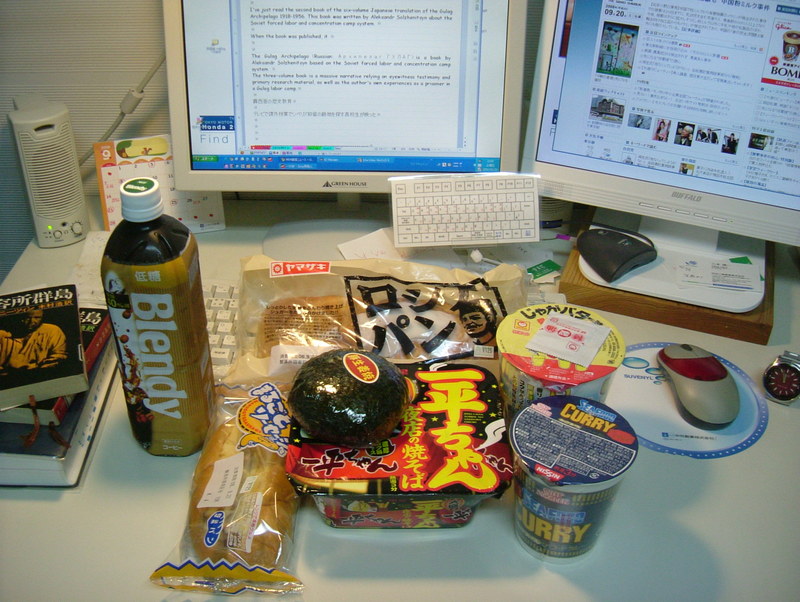
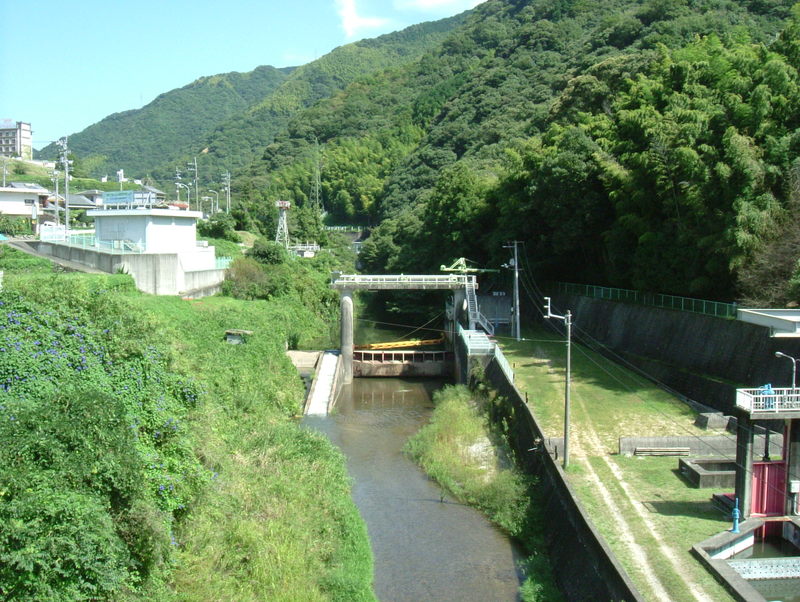


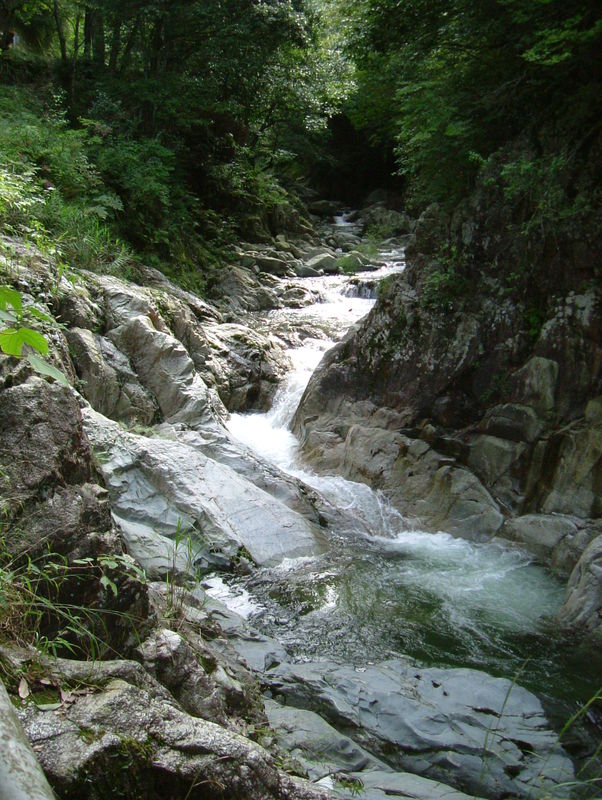
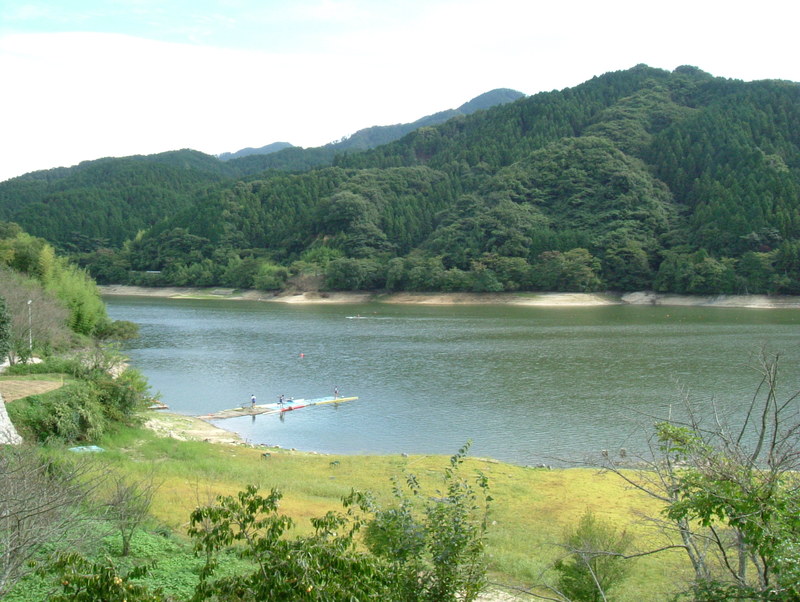
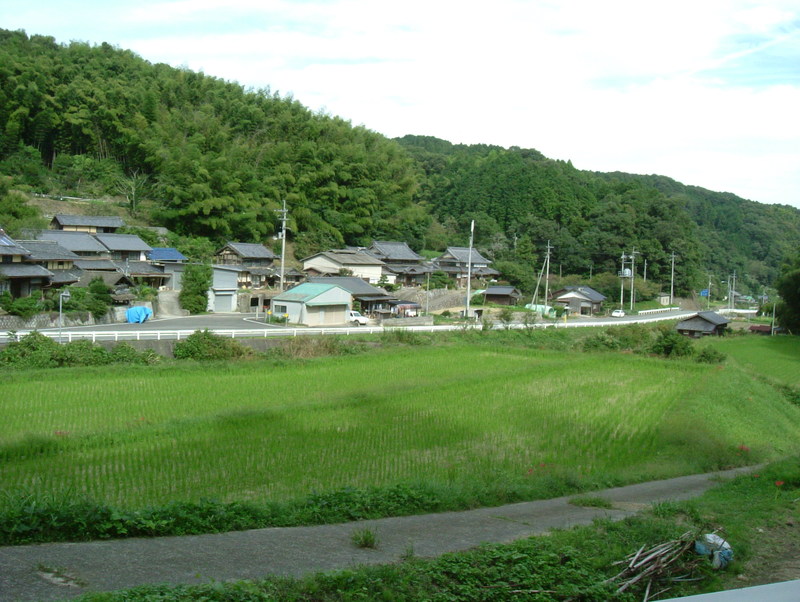

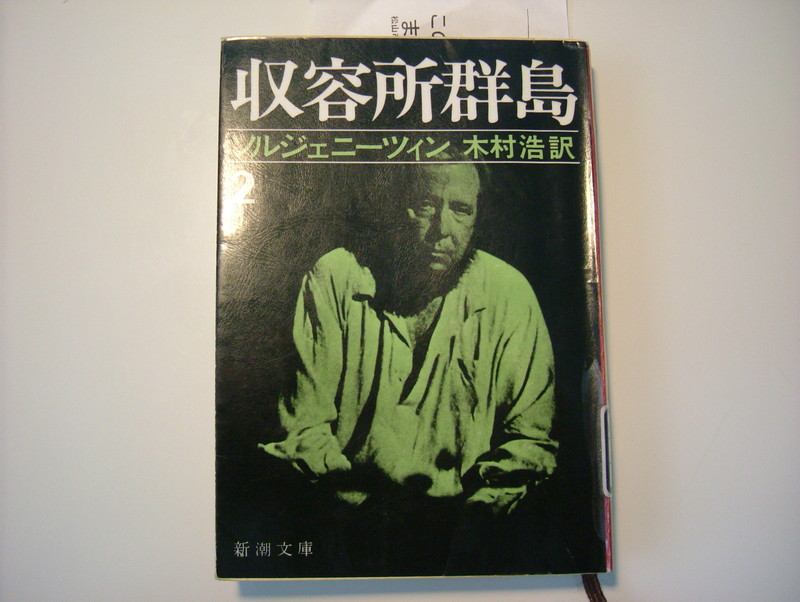
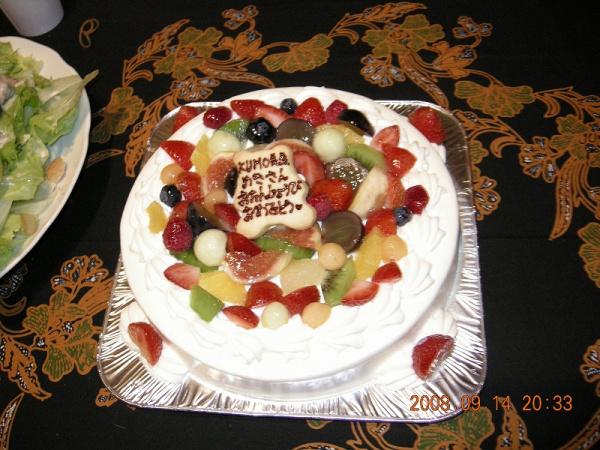
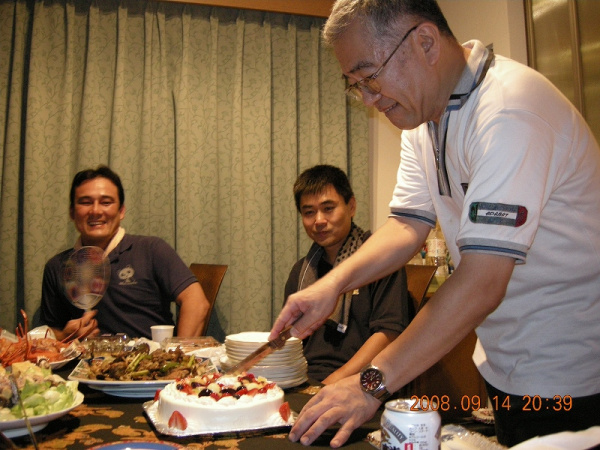


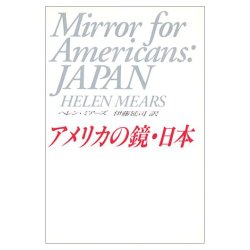
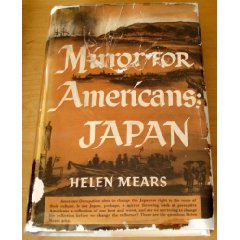
Recent Comments